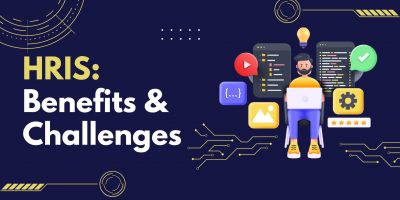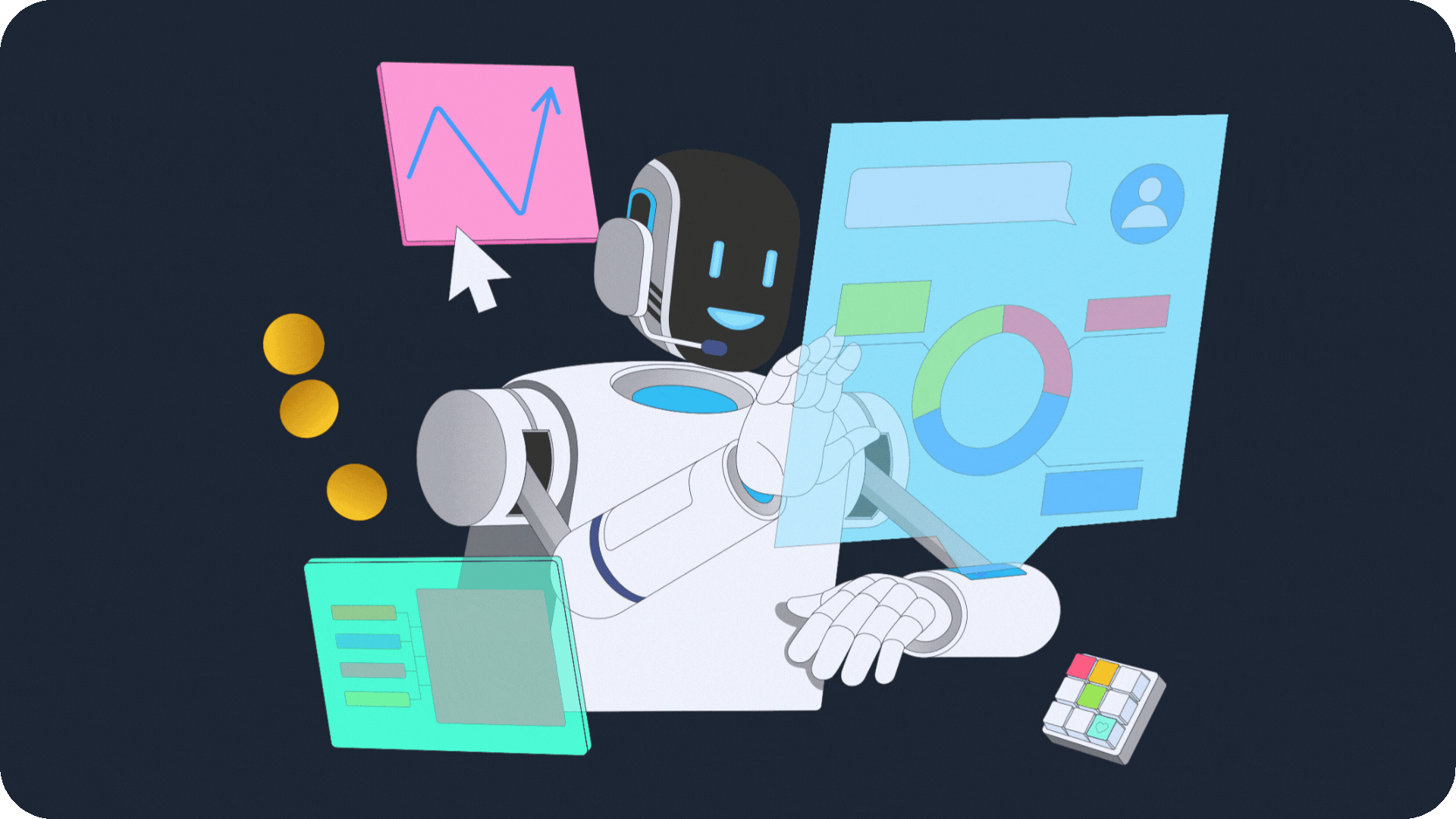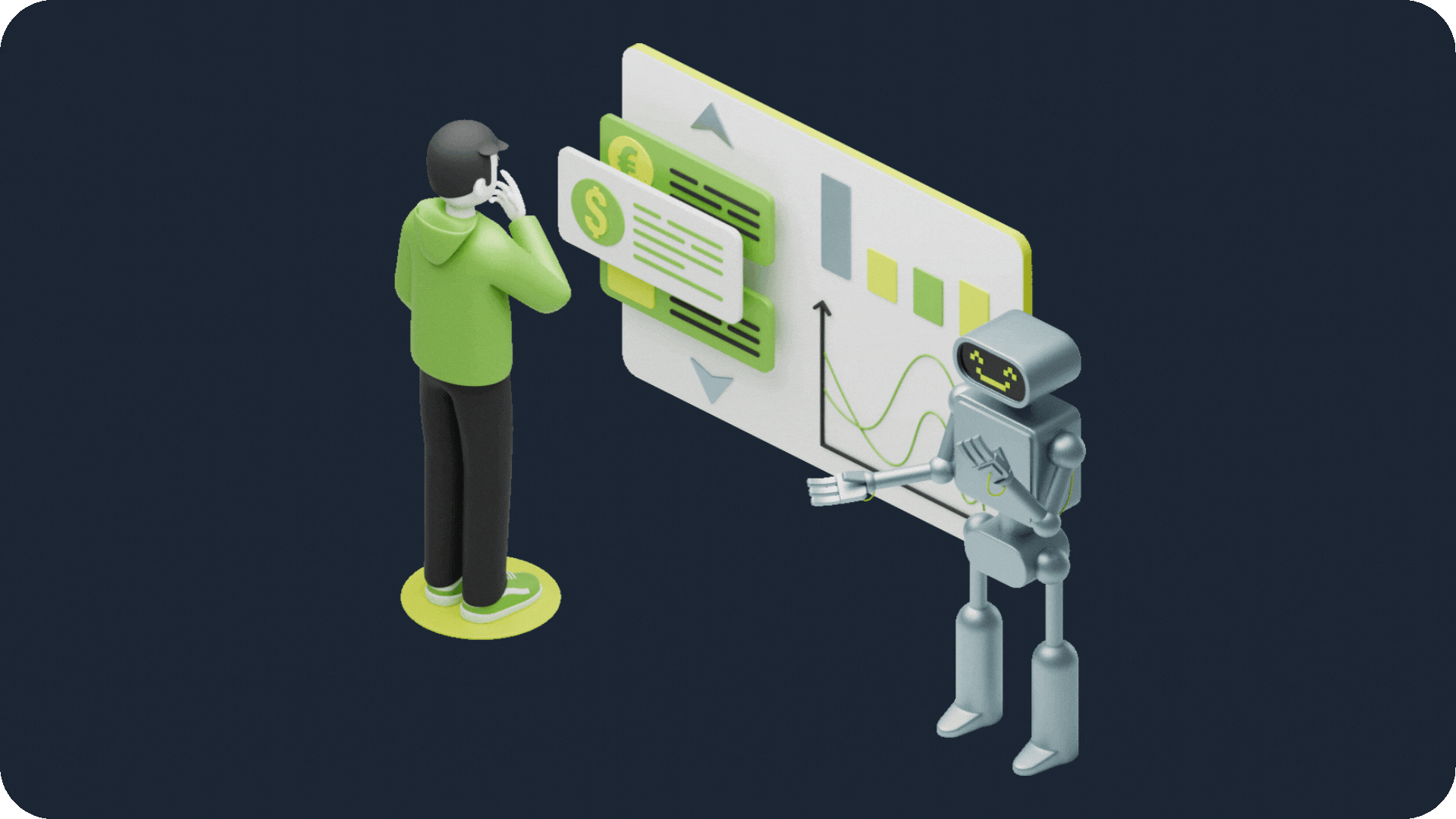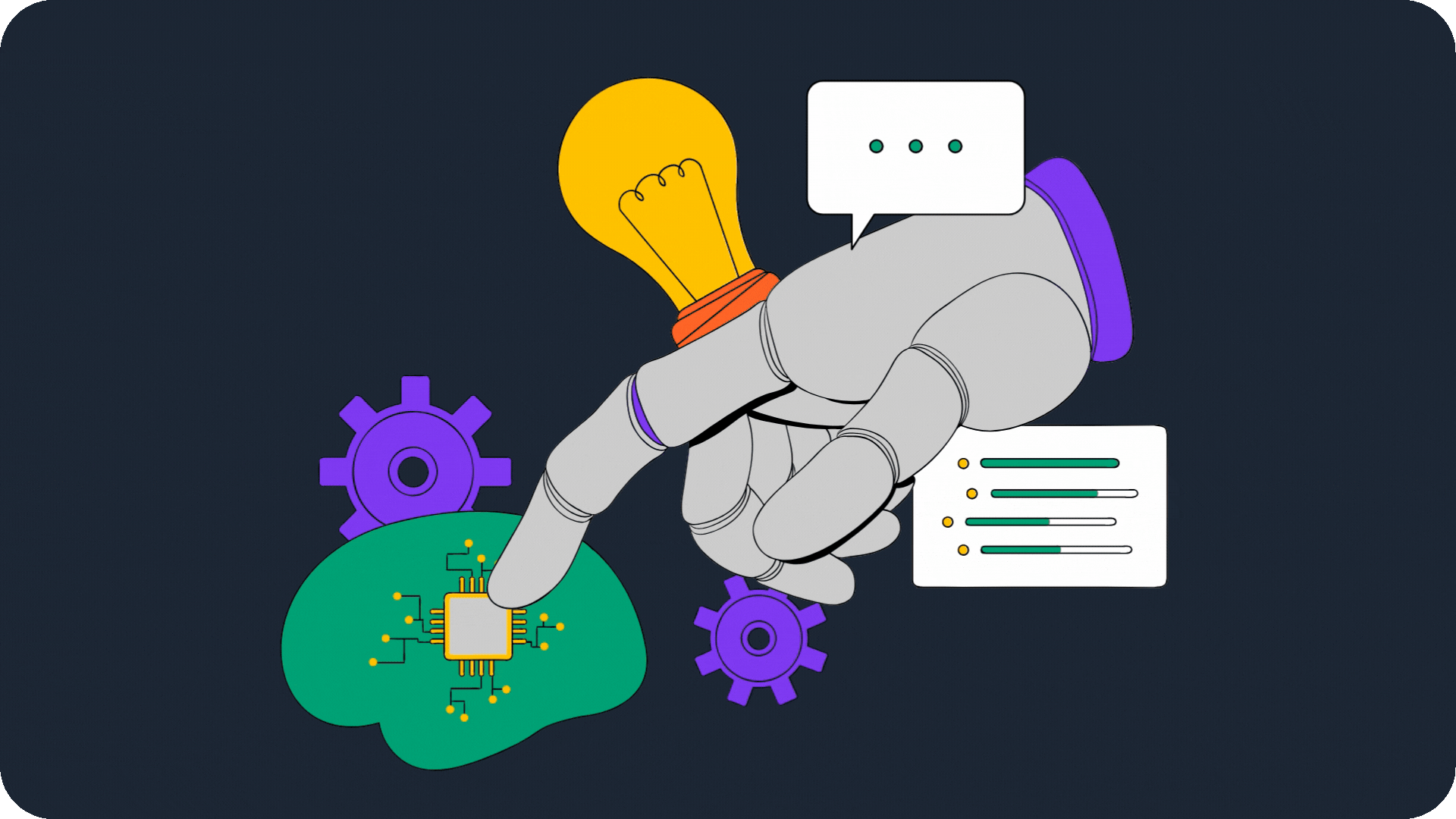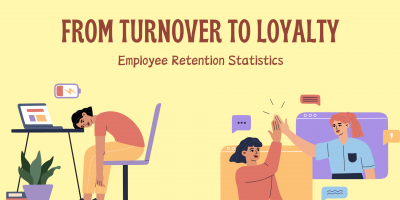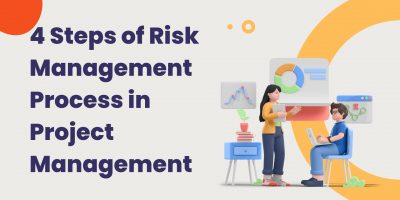Based on what we’ve seen so far, AI either entirely redefines tasks or partially automates them.
- Redefined: Data entry, administrative tasks, manufacturing assembly lines, retail checkouts
Data entry and administrative tasks were among the first to be entirely redefined.
AI systems excel at handling large volumes of data, eliminating the need for manual input and reducing errors.
Employees no longer have to perform these tasks as AI takes over the role of organizing, sorting, and managing data efficiently, freeing up time for them to engage in more complex and strategic activities.
The manufacturing industry is also shifting, with AI-powered robots and machines taking over tasks like assembly, welding, and packaging.
As automation substitutes physical work, employees are transitioning to roles requiring oversight, technical knowledge, and problem-solving skills to manage and maintain these systems.
- Influenced: HR, customer service, marketing, content creation, programming, design, video editing
Customer service, for example, is experiencing a slight change in priorities. AI-powered chatbots and virtual assistants now handle everything from basic inquiries to customer support tickets, providing instant, round-the-clock responses. However, human empathy is still crucial for complex issues.
In marketing and graphic design, AI tools like AI presentation generators or image generators assist in generating content or analyzing consumer data, but creative and strategic decisions still rely on human input.
AI also impacts translation, where automated systems handle basic text translation, but complex language nuances require human expertise.
Beyond the examples listed, various sectors have witnessed complete or partial task transformations in recent years, mainly due to the growing availability of Gen AI.
As these tools take over routine and repetitive tasks, employees shift to more strategic, technical, and creative work.
However, this transformation also highlights the need for employers to reskill the workforce as they continue integrating AI.
